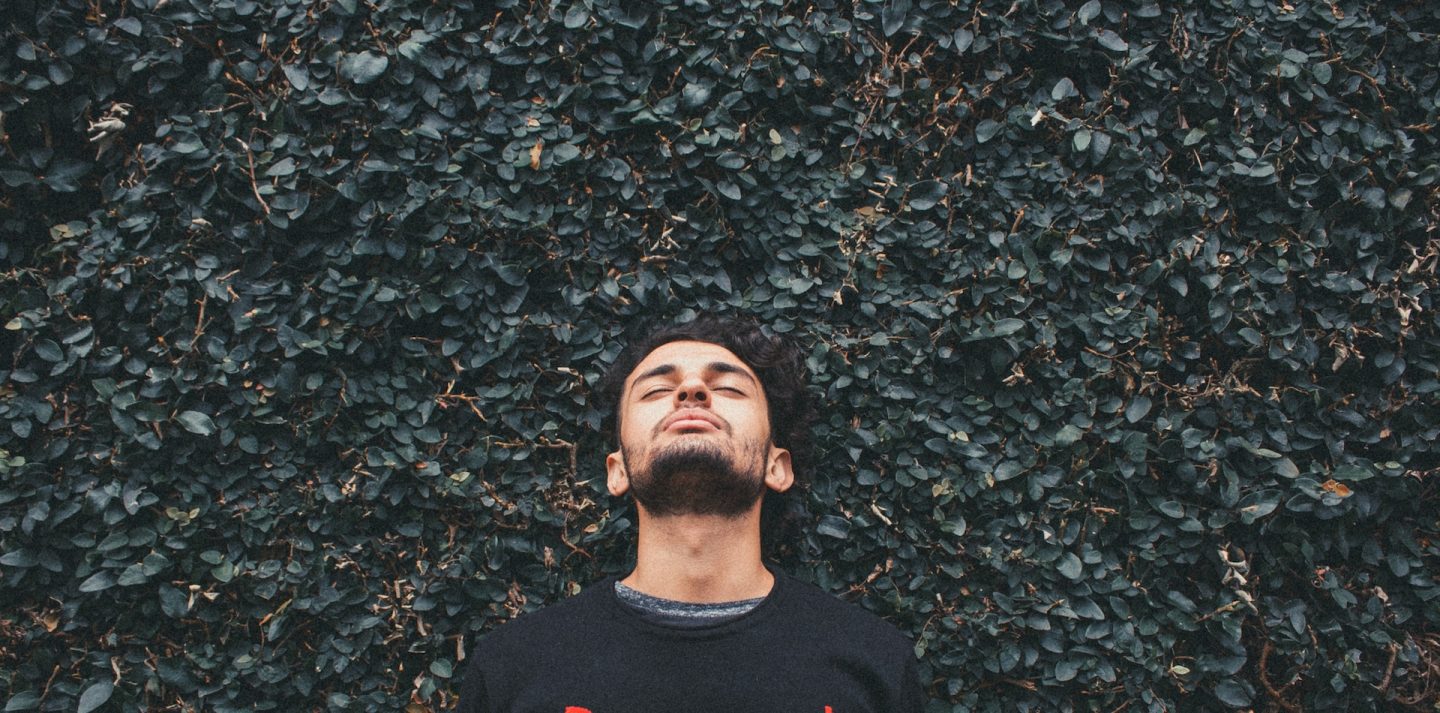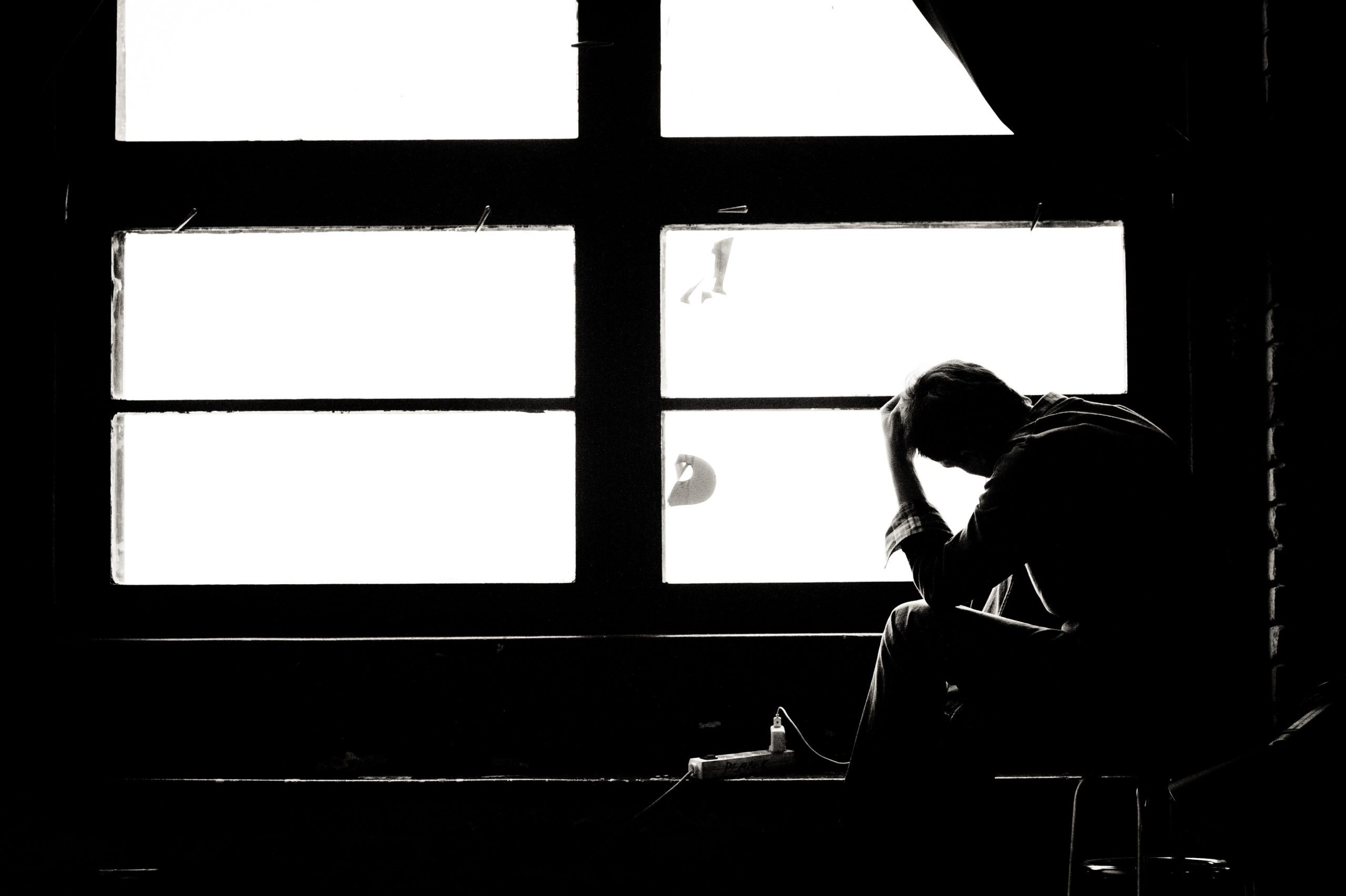Who am I? The difference between doubt and self-insufficiency
Rev Canon Terry Wong // June 4, 2018, 5:00 am

Photo by Tiago Felipe Ferreira on Unsplash
From time immemorial, when man looked at the world around him – when he considered the heavens, moons and stars – he occasionally wondered: “Who am I … that He should be mindful of me?” (Psalm 8:4)
I was at a public evening event recently where a minister was a guest of honour. I met him a few years ago where we had some personal conversations. He was still a new and junior politician then. That evening, I was just another face in the crowd. When he was shaking some hands on the way out, ours met too, albeit briefly. I did wonder: “Did he remember me? Could he recall my name?”
But who am I, that he should pause for a “we meet again” conversation? Who am I, that he should retain my name in his memory given the countless people he needs to relate to?
It is only human to sometimes wonder about why someone important should even give us an eye-glance, let alone, a mindful occupation.
Many individuals have stood at the threshold of the call to do something great, and pause, asking this question laced with self-doubt.
The humble pause and wonderment at one’s inadequacy may well predispose a person for the Lord’s work.
Young Mary, when she was told that she would conceive, wondered about the physical impossibility of that. (Luke 1:34) When Gideon was told that he was chosen to lead his army, he asked how could that be, given his poor ancestry and that he was the youngest and least important in his family. He was not born with a headstart that belonged to the socially privileged. (Judges 6:15)
In fact, the “Who am I?” question can illicit laughter of disbelief and incredulity as it did for Abraham and Sarah when they were told they would give birth to a son. Abraham was already a centenarian and Sarah, four scores and ten (Genesis 17-18). In this case they knew who they were only too well. What they could not believe was that God would choose them to parent a new lineage.
Not surprisingly, Moses, dubbed the meekest man on earth (Numbers 12:3), also asked “Who am I?” when told he was to confront Pharaoh and lead his people out of Egypt (Exodus 3:11). After spending so many years in desert life, there was not much self-confidence left in Moses.
Self-doubt is not a good characteristic of leadership, according to modern thoughts on this subject. However, classically and biblically, the humble pause and wonderment at one’s inadequacy may well predispose a person for the Lord’s work.
As He leads us to points of self-insufficiency, may we never imagine that it is beyond us to ask this question from time to time.
This article was first published in the weekly service bulletin for St Andrews Cathedral under the “Vicar Writes” column. More articles can be found on the St Andrews Cathedral website here.
Reflection and Discussion
1. Who are you? Take a few minutes to reflect and dwell upon who God says you are.
2. What has God called you to that triggers feelings of inadequacies? How will you put your trust in God?
We are an independent, non-profit organisation that relies on the generosity of our readers, such as yourself, to continue serving the kingdom. Every dollar donated goes directly back into our editorial coverage.
Would you consider partnering with us in our kingdom work by supporting us financially, either as a one-off donation, or a recurring pledge?
Support Salt&Light



